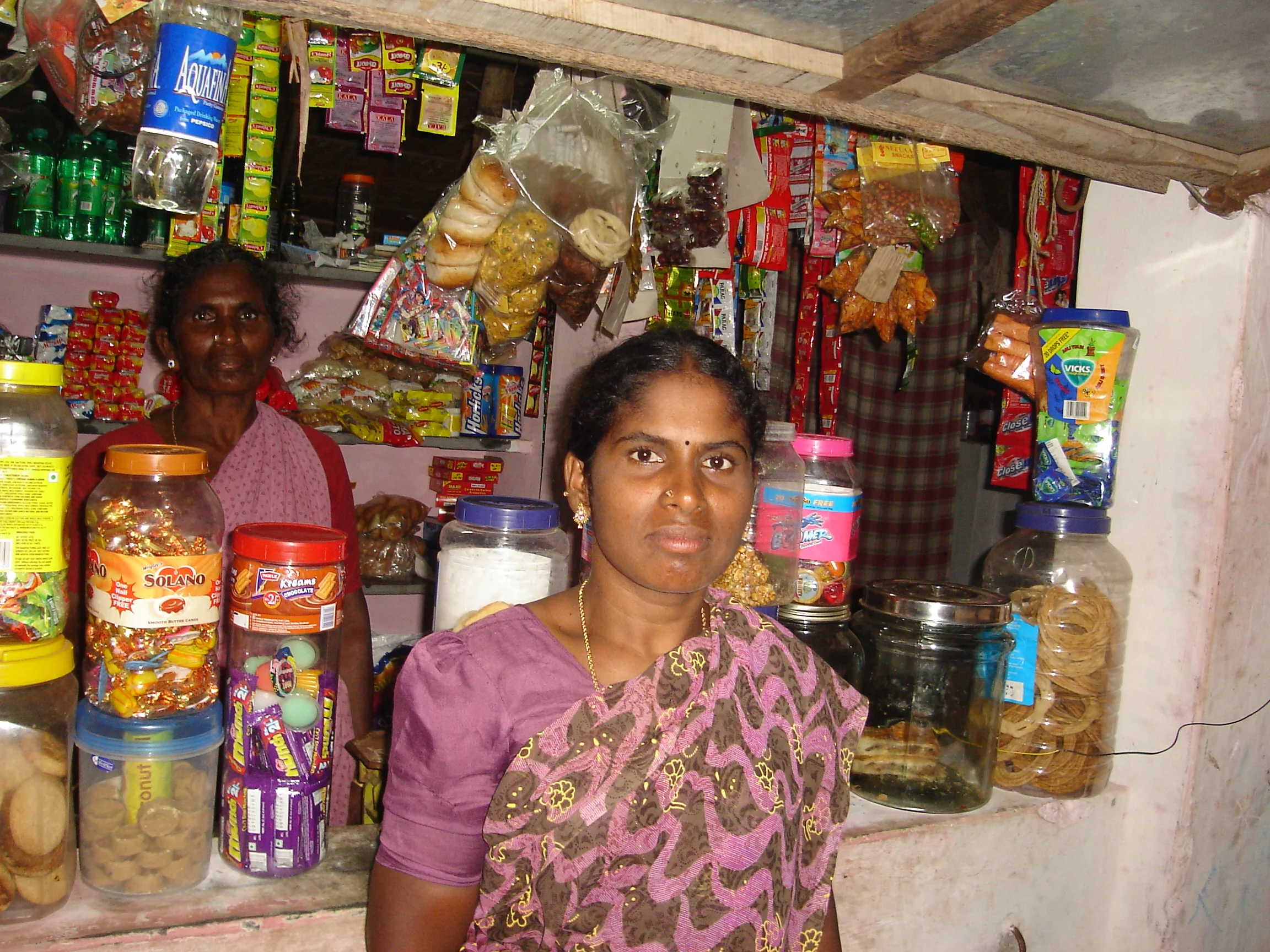Hysterectomy is a big business in many private hospitals in India. There are ample reports and newspaper articles on this issue. Several media and newspapers including #The Hindu , #Times of India, #Guardian and #BBC have reported on how some of the private health care providers have been exploiting and profiting from it (See http://www.theguardian.com/society/sarah-boseley-global-health/2013/feb/07/india-healthcare?; http://www.bbc.com/news/magazine-21297606). In fact, it is according to one site a health tourism issue too (https://www.health-tourism.com/hysterectomy/india/).
Clearly, hysterectomy is not indicated in many cases. An Audit of Indications, Complications and Justification of Hysterectomies at a Teaching Hospital in India concluded benignly “With the emergence of many conservative approaches to deal with benign gynecological conditions, it is prudent to discuss available options with the patient before taking a direct decision of surgically removing her uterus.” Studies published in the International Journal of Reproductive Medicine (Volume 2014 (2014), Article ID 279273, 6 pages http://dx.doi.org/10.1155/2014/279273) have also clearly indicated that the state and private sector sponsored insurance schemes have actually driven this market of “uterus chopping” in many states (See-http://www.hrln.org/hrln/images/stories/pdf/national-consultation-on-understanding-the-reasons-for-rising-numbers-of-hysterectomies-in-india.pdf; http://www.slideshare.net/LifecareCentre/how-to-decrease-hysterectomy-rate-in-india-25506955; http://www.hrpub.org/download/201309/ijrh.2013.010110.pdf). Consequently, some of the states such as Andhra Pradesh and Karnataka have tweaked their insurance policies to disallow hysterectomy.
Apart from the fact that many private health providers use this to make a quick buck, the market for this is also driven by how menstruation is viewed and how it impacts many women. Often, women are isolated during the menstrual period and many view the menstrual blood as unclean. This is still predominant in many rural parts of the country. Hence, some women as soon as they have completed their reproductive responsibility of bearing children and ensuring a family; undergo hysterectomy. This puts an end to their isolation every month. Worse, as the report in #The Hindu reported on May 22, 2016 (http://www.thehindu.com/news/national/other-states/poverty-superstition-take-their-toll-on-sangola-womens-health/article8631138.ece) in drought stricken Maharashtra, women undergo hysterectomy as they often migrate for work to sugarcane fields and roadwork. The periods impact their migration and hence their earnings. Young girls too seem to opting for this with many ill effects to their health. Costs associated with hysterectomy have also pushed many into poverty.
While addressing poverty is certainly necessary, it is also imperative that our education helps to dispel the stigma about menstruation and enables both women and men to treat this as a natural phenomenon in life of women

